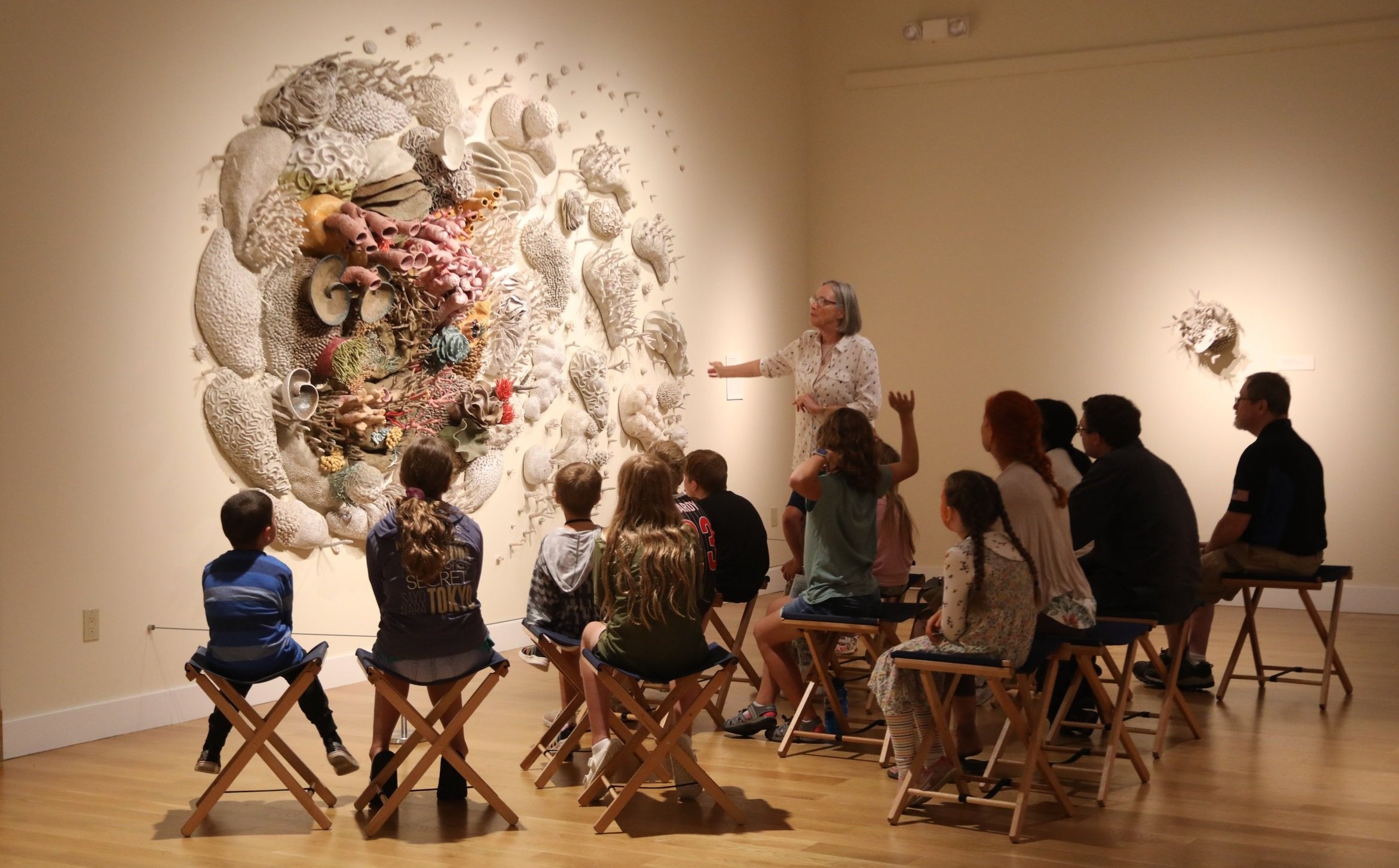Understanding The Role Of A Docent In Cultural Institutions
What is a docent? This term is often encountered in museums, galleries, and educational institutions, yet its meaning may not be immediately clear to everyone. A docent is more than just a guide; they serve as an essential bridge between the public and the world of art, history, or science. By offering insights and facilitating discussions, docents play a crucial role in enhancing the visitor experience and fostering a deeper appreciation for the subject matter presented.
In many cases, docents are volunteers who have undergone rigorous training to equip them with the knowledge and skills necessary to lead tours and engage with diverse audiences. They are passionate individuals who not only share their expertise but also encourage curiosity and critical thinking among visitors. The importance of their role cannot be overstated, as they contribute significantly to the educational mission of the institutions they serve.
Whether you are visiting a local museum or a renowned art gallery, understanding what is a docent can enhance your experience. These guides provide context and narrative, helping visitors connect with the exhibits on a personal level. As you delve deeper into this topic, you will discover the various responsibilities docents undertake and the unique contributions they make to the cultural landscape.
What are the Responsibilities of a Docent?
Docents carry a myriad of responsibilities that make them integral to the educational framework of cultural institutions. Their primary duties include:
- Leading guided tours for visitors of all ages.
- Providing informative talks about exhibits, artworks, or historical artifacts.
- Engaging visitors in discussions and encouraging questions.
- Conducting educational programs and workshops.
- Assisting in the development of educational materials.
- Participating in ongoing training and professional development.
How Do You Become a Docent?
Becoming a docent typically requires a combination of passion, knowledge, and commitment. Here are the general steps to follow:
What Skills are Essential for a Docent?
To effectively fulfill their roles, docents must possess a variety of skills, including:
- Strong communication skills to convey information clearly and engagingly.
- Public speaking abilities to confidently lead groups.
- Interpersonal skills to connect with a diverse audience.
- Critical thinking skills to facilitate discussions and answer questions.
- Organizational skills for planning and executing educational programs.
What is a Docent’s Impact on Visitor Experience?
The presence of a docent can significantly enhance a visitor's experience. Their expertise and enthusiasm create an engaging atmosphere that encourages exploration and learning. Some notable impacts include:
- Providing deeper insights into the context and significance of exhibits.
- Encouraging visitors to ask questions and share their interpretations.
- Fostering a sense of community among visitors through shared experiences.
- Enhancing educational outcomes by connecting concepts to real-world applications.
What Types of Institutions Employ Docents?
Docents can be found in a wide array of cultural and educational institutions, including:
- Museums (art, history, science, children’s, etc.)
- Art galleries and exhibition spaces.
- Historical sites and landmarks.
- Botanical gardens and nature reserves.
- Community centers and educational organizations.
What is the Future of the Docent Role?
As cultural institutions adapt to changing visitor needs and technological advancements, the role of the docent is also evolving. Future trends may include:
- Increased use of digital tools and resources to enhance tours and presentations.
- Greater emphasis on inclusivity and accessibility in educational programming.
- Opportunities for virtual tours and online engagement.
- Collaboration with educators to align programming with curriculum standards.
Conclusion: The Vital Role of Docents in Cultural Institutions
Understanding what is a docent is crucial for anyone interested in the rich world of cultural institutions. These dedicated individuals provide invaluable support, education, and engagement, making art, history, and science accessible to all. As the landscape of education continues to evolve, the role of the docent will undoubtedly adapt, ensuring that they remain an essential part of the visitor experience for years to come.
Also Read
Article Recommendations



ncG1vNJzZmivp6x7tMHRr6CvmZynsrS71KuanqtemLyue9OrsJ6bmKR%2BeXvWoZitZZmoeqJ5w6ianqakY7W1ucs%3D
